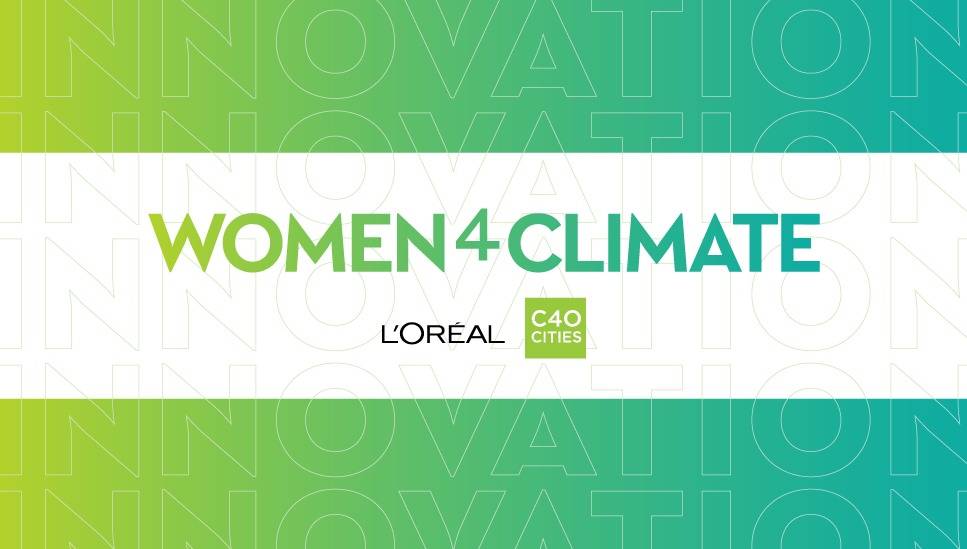Low Carbon Growth: Our Strategy
CO2 emissions reduction: a global strategy
To reduce its carbon footprint, L’Oréal is taking a two-pronged approach. Firstly, the Group has reduced the emissions of its industrial sites by 87 % compared to 2005 by lowering the greenhouse gas emissions of its plants and distribution centres, using renewable energy and improving its energy efficiency. In the same period, its production volume increased by 37%, which confirms L’Oréal’s ability to combine commercial success with its commitment to ambitious climate action.
With major projects leveraging technologies adapted to sites’ geographical location (biomass, biomethanisation, solar panels etc) and the purchase of renewable gas and electricity, 80 % of the needs of L’Oréal’s factories and distribution centres are now met by energy from a renewable source. By the end of 2021, 100 of L’Oréal's industrial sites had reached carbon neutrality, including 25 factories.
Additionally, L’Oréal has committed to balance the residual emissions linked to its industrial and logistics activities by 2020 through carbon savings generated within its sustainable sourcing activities. In partnership with its suppliers, NGOs or local experts, the Group develops projects designed to improve producers’ lives, preserve biodiversity and capture or avoid carbon emissions in three ways:
- improving energy efficiency;
- promoting low-carbon farming practices, including agro-forestry;
- managing forests sustainably
Launched in 2015, this innovative programme, called Carbon Balanced, covers L’Oréal’s sites’ Scope 1 and 2 emissions (meaning the emissions arising from all the Group’s sites), together with the Scope 3 emissions linked to the downstream transport of its products (approximately 400,000 tonnes of CO2 annually). In 2020, it was estimated that the nine projects in place generated carbon savings of 405,241 tonnes CO2 equivalent, thus reaching the target set in 2015 to balance all the residual emissions of its Scopes 1 and 2, as well as the emissions related to transportation of the Group’s products, which represented a total of 403,721 tonnes CO2 equivalent in 2020.
In December 2017, the Science Based Targets programme, an initiative established by CDP, the United Nations Global Compact, the World Resources Institute and the NGO WWF, validated the Group’s new 2030 commitments. In this way, L’Oréal plans to lower its Scope 1, 2 and 3 carbon emissions by 25% in absolute terms, compared to 2016. And all its industrial, administrative and research sites have committed to a journey to achieve carbon neutrality by 2025.
Supporting women fighting against climate change

L’Oréal is a founding partner of the Women4Climate programme, which was launched in 2017 by C40 Cities, a global network uniting 90 of the world’s large cities that have committed to preserve the climate.
This initiative aims to support and train young women from civil society to strengthen their leadership capabilities and enable them to achieve their local climate adaption projects.
“At L’Oréal, we consider it a strategic imperative to commit ourselves, alongside the C40 women mayors, to supporting the future generation of women leaders in addressing climate change. This commitment reflects two of the Group’s major values: promoting gender equality and preserving the climate,” explains Alexandra Palt, Chief Corporate Responsibility Officer of the L’Oréal Group and Executive Vice President of the L’Oréal Foundation. “Women play a fundamental role in the fight against climate change. It is our responsibility to help and support them.”
Between 2017 and 2020, 22 mentoring programs had been launched in 16 cities around the world bringing together over 300 participants. In 2021, 7 cities launched their mentoring program for 80 future climate action leaders. The Women4Climate project is now part of the Fondation L'Oréal's Women & Climate programme.